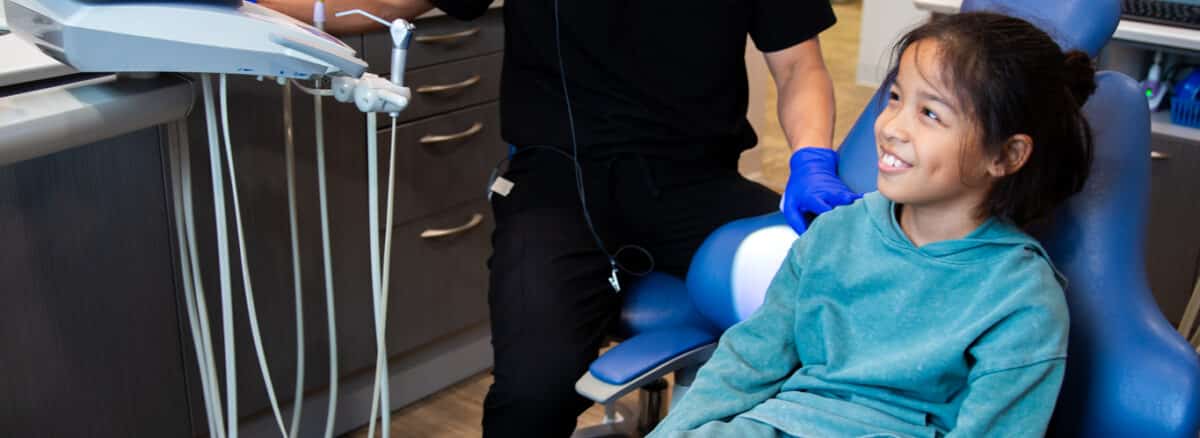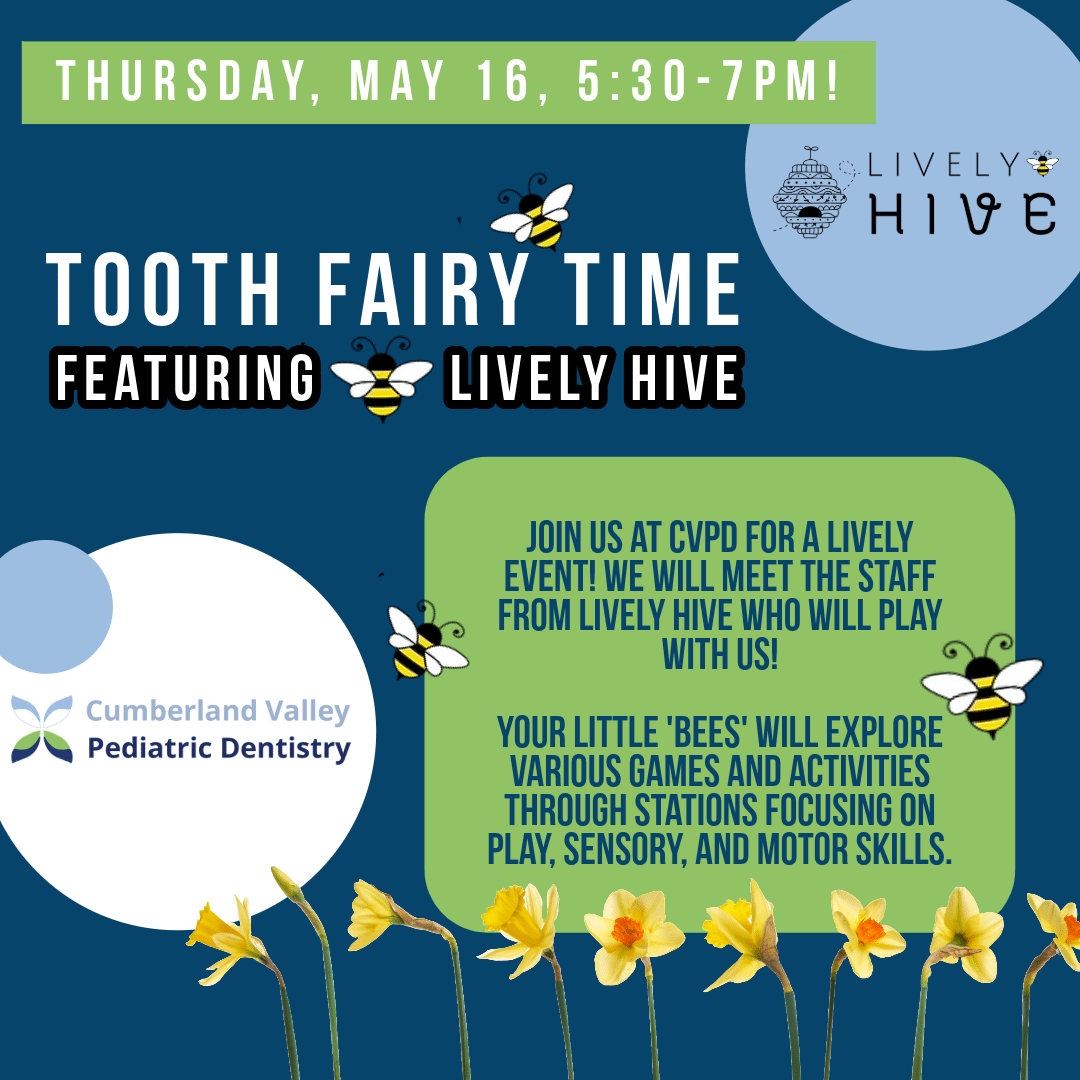As pediatric dentists, we are committed to helping your child maintain a healthy, cavity-free smile.
One of the most effective ways to prevent tooth decay is through the use of dental sealants.
Many parents ask us, “What are sealants?”
In this post, we’ll explain what dental sealants are, how they work, and why they are an important part of your child’s preventive dental care.
What Are Dental Sealants?
Dental sealants are thin, protective coatings that are applied to the chewing surfaces of the back teeth (molars and premolars). These teeth have deep grooves and pits that can be difficult to clean, making them more susceptible to decay. Sealants fill in these grooves, creating a smooth surface that is easier to clean and less likely to trap food particles and bacteria.
How Do Sealants Work?
Sealants act as a barrier, preventing bacteria and food particles from collecting in the deep grooves of the back teeth. By sealing out decay-causing substances, sealants help protect your child’s teeth from cavities. Studies have shown that sealants can reduce the risk of tooth decay in molars by up to 80%.
The Sealant Application Process
Applying dental sealants is a quick, painless, and non-invasive process that can be completed in just one visit to your pediatric dentist. The steps involved in sealant application include:
- Cleaning: Your child’s teeth are thoroughly cleaned and dried.
- Preparation: A special solution is applied to the chewing surfaces of the teeth to help the sealant adhere properly.
- Application: The sealant material is painted onto the teeth, filling in the grooves and pits.
- Curing: A special light is used to harden the sealant, bonding it securely to the teeth.
After the sealant has been applied, your child can eat and drink normally. Sealants can last for several years with proper care, and your pediatric dentist will check them during regular dental check-ups to ensure they are still intact and effective.
Who Can Benefit from Sealants?
Sealants are typically recommended for children as soon as their permanent molars and premolars erupt, usually between the ages of 6 and 14. However, some children may benefit from sealants on their baby teeth if they have particularly deep grooves or are at a higher risk for tooth decay.
Adults can also benefit from sealants if they have deep grooves in their teeth and are at an increased risk for cavities.
Sealants and Comprehensive Preventive Care
While sealants are an effective way to prevent cavities, they are just one part of a comprehensive preventive dental care plan. To keep your child’s teeth healthy and cavity-free, it’s important to:
- Brush twice a day with fluoride toothpaste
- Floss daily
- Maintain a balanced, low-sugar diet
- Visit your pediatric dentist regularly for check-ups and cleanings
Your Partners in Your Child’s Oral Health
At Valley Pediatric Dentistry, we are dedicated to providing the highest quality of care to help your child achieve and maintain optimal oral health. Our team of experienced pediatric dentists is here to answer any questions you may have about dental sealants or other preventive care options.
If you would like to learn more about dental sealants or schedule an appointment for your child, please don’t hesitate to contact us. We look forward to partnering with you to give your child a lifetime of healthy, beautiful smiles!
At Valley Pediatric Dentistry, we have 3 convenient locations in Harrisburg, Camp Hill, and Carlisle.
Don’t wait – schedule an appointment for your child today!
- August 8, 2024
- Uncategorized


